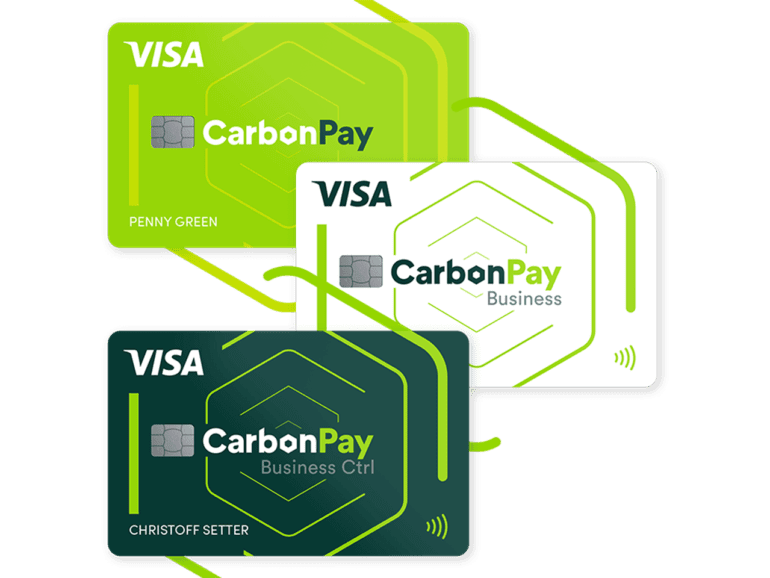One of the first digital eco-banks, Helios, raised $9.4 million in a recent seed round, news that has encouraged the industry to think about broader environmental, social, and governance (ESG) issues.
Unlike traditional banks, Helios says they ensure complete transparency regarding the final destination of its investments, as all of its investments are eco-friendly.
The financial services industry is increasingly aware that ESG provides a significant opportunity to adopt net-zero pledges fintechs to sustainable instruments to develop new climate-related solutions.
ESG-focused fintech firms have a unique potential for rapid growth, creating paradigm-shifting innovations, and attracting finance to improve society and the environment.
Moreover, consumers expect it. Based on a PwC survey, 83% of consumers believe companies influence ESG best practices. A further 91% of business leaders believe that their companies are responsible for ESG issues, and 86% of employees prefer to support or work for companies that share their concerns.
A compelling example of a fintech addressing these environmental issues is CarbonPay.
CarbonPay
CarbonPay is a purpose-driven, sustainable fintech platform that offers the planet’s most impactful payment cards and more straightforward everyday climate action.
Available in the US and UK, users are empowered to offset 1kg of CO2 for every £1 / $1.50 spent on all transactions at no extra cost to the consumer.

“The fight against climate change requires systemic change and everyone to take action. That is what inspired us to create CarbonPay, the push to help people and businesses worldwide make a simple but impactful choice that will help us fight against climate change. We turn every transaction into meaningful climate action by automatically offsetting CO2 every time you pay. It’s a straightforward and important step towards making a real difference,” explains Rory Spurway, CEO of CarbonPay.
They also partner with:
- ClimateCare, carbon finance for community development projects, develops award-winning carbon reduction projects.
- SeaTrees is a program under the nonprofit, Sustainable Surf
- Stripe Climate works with multidisciplinary group of top scientific experts to help find and evaluate the most promising carbon removal technologies and help them scale.
So for every $1.50/£1 spent using a CarbonPay card, they automatically offset 1kg of CO2 at no extra cost.
The need
Spurway explained the necessity of the product to Lendit Fintech.
“Climate crisis conversations have been going on for years, with restrained results. Now that we are almost too late to do something about it, climate action is being pushed to the top of the agenda for governments, businesses, and consumers to take immediate action. We believe everyone needs to take responsibility for their impact on the planet and be aware of their carbon footprint.”
They automatically offset every transaction and track each transaction’s carbon footprint. This process allows our users to fully understand the environmental impact of their spending behavior, which can lead to intelligent, data-led decisions on reducing their carbon footprint associated with their purchases. Their partner, ecolytiq, powers their carbon footprint tracking.
CarbonPays’ users are climate-committed entrepreneurial businesses that are small to medium-sized. With more enterprises pursuing green goals and wanting to improve their impact on the climate, they already see many corporations coming to them, looking to partner and onboard.
Greenwashing
However, some challenges do occur when it comes to the industry.
The ESG movement has received significant attention and financial backing over the years, which has led to the launch of numerous new investment products and funds across the world.
Many of these funds are transparent, but some are not true to ESG principles as required, as they can be seen as guilty of financial greenwashing since they advertise themselves as sustainable when they are not.
Though the term originated in the consumer goods sector, it extends to financial products, where regulation is still evolving, so understanding its impact can be a challenge.
Competitive Market Authority (CMA) investigated greenwashing in the UK.
A joint study with other global authorities found that 40% of green claims on the web may be false — indicating thousands of businesses could be violating the law and risking their reputations.
Greenwashing can be an issue for CarbonPay too.
Spurway said, “ensuring our business model isn’t wrongfully conflated with greenwashing is a challenge that we did not shy away from. We took this a step further and partnered with best-in-class carbon removal projects that are actively combating climate change and investing in innovative carbon removal tech to continue doing all we can for our planet.”
Related:
Long term
Over the next few months, CarbonPay plans to launch the CarbonPay Business charge card and enter the consumer market with a prepaid and charge card option.
As their product progresses and grows in the U.S. and UK, they are looking to expand further into Europe and APAC.
Additionally, they will look to extend their relationships with their current climate action partners and make strategic new partnerships, to elevate CarbonPay, more importantly, the environment.


